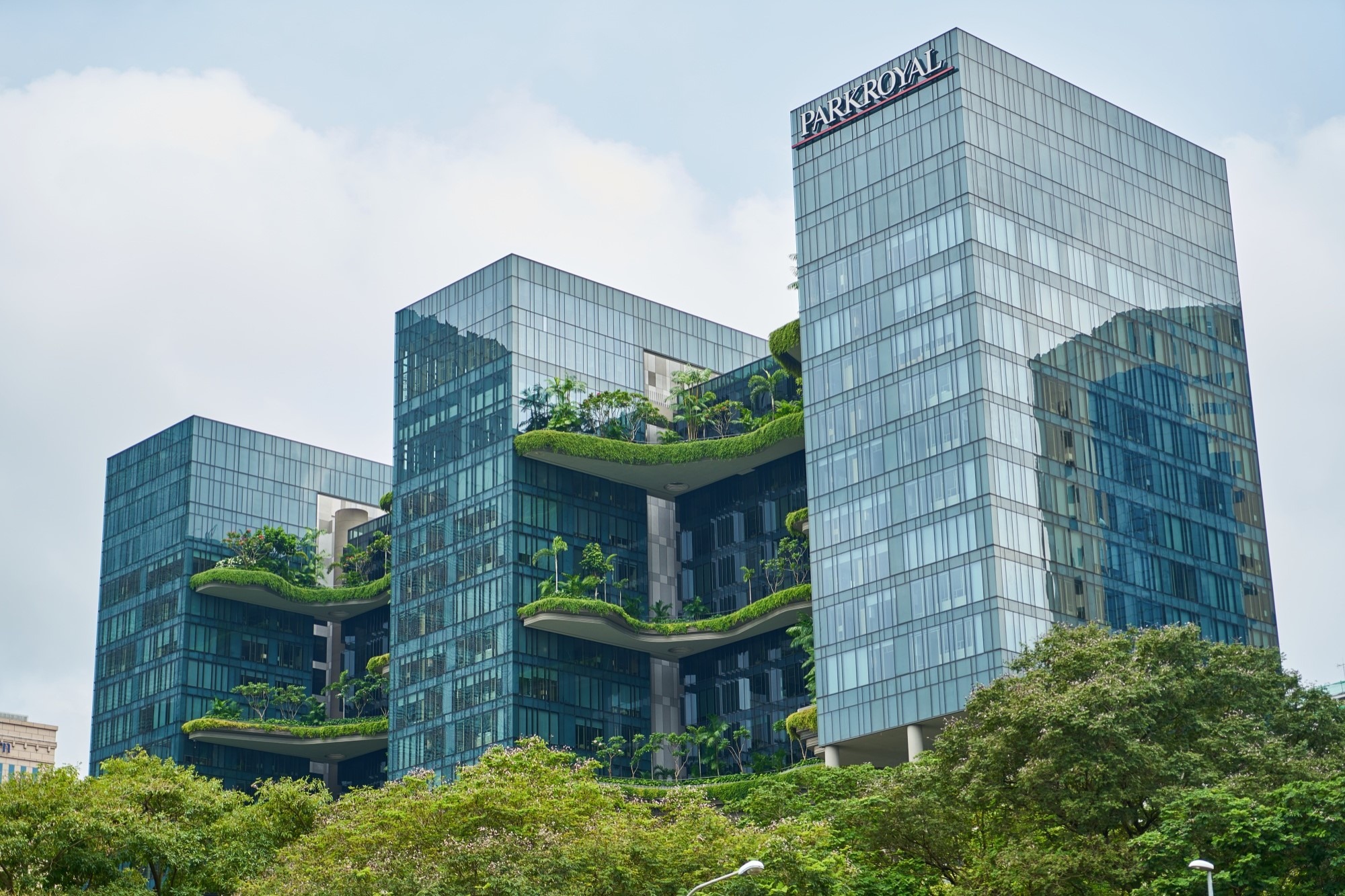Wednesday, 18/02/2026 | 14:13 GMT+7
In general, in Kazakhstan, much of the housing stock dates to the 1960s–1990s, with aging infrastructure that is energy inefficient According to the 2023 Final Energy Consumption Structure Report, the residential sector accounts for 35.7 percent of total energy consumption and is the largest final energy consumer. This sector alone consumes around 13 percent of the country’s electricity and 50 percent of its thermal energy and contributes significantly to greenhouse gas emissions.
As of today, the housing inventory of the country includes over 56,000 residential apartment block buildings, out of which 3,500 are rundown or uninhabitable conditions, 17,000 require major repairs, and 35,000 are in satisfactory condition. According to our estimates, US$15 billion in investment is required to improve energy efficiency in Kazakhstan’s multi-unit residential buildings.
Currently, Kazakhstan is progressing step by step in improving energy efficiency in buildings. Efforts include better insulation, automated energy management systems, and the use of renewable energy. Older buildings are also being retrofitted to reduce energy waste.

Undoubtedly, financial incentives are crucial in making energy-efficient construction both affordable and attractive. For example, Kazakhstan introduced a green mortgage in 2023, allowing citizens to buy homes that meet eco-friendly standards. However, large-scale modernization requires more than government funding—it needs investment from various stakeholders.
One innovative approach is a co-financing model developed by the UNDP and the Global Environment Facility in partnership with Kazakhstan’s Ministry of Industry and Construction. This model involves Energy Service Companies (ESCOs) that invest in efficiency upgrades and recover costs through energy savings. Residents continue paying regular utility rates, and once the costs are recovered, the savings directly benefit them. Piloted in Astana and Temirtau, this model has proven effective in pooling resources and sharing costs among stakeholders (For more information, please read more here).
Thanks to these efforts, $68 million in private investments have supported 75 green projects, cutting over 2.1 million tons of CO₂ emissions during their lifecycle. These initiatives have also improved living conditions for 5 million people, showcasing how partnerships and smart financing can turn energy efficiency goals into real progress. This success has also inspired new tools to support green projects, including programmes under the Damu Entrepreneurship Development Fund (Unified Comprehensive Programme for the Support and Development of Entrepreneurship), further advancing Kazakhstan’s sustainability efforts.
Globally, energy-efficient construction has transformed the way we build and live. Countries like Germany and Switzerland set a high bar with “passive house standards” that minimize heating costs through airtight designs and superior insulation. Scandinavian nations have seamlessly integrated solar panels into building facades, a practical solution Kazakhstan could adopt given its abundant sunshine. Meanwhile, the U.S. and Canada use automated building systems to reduce energy consumption while maintaining comfort—a smart strategy for lowering costs and boosting efficiency.
Partnerships with organizations like UNDP have already laid the groundwork for progress. In many countries, UNDP has helped establish legal frameworks, set energy standards, and attract private investment in green technologies.

RES and Energy efficiency training in the children’s health center.
In Bosnia and Herzegovina, support is provided for implementing low-carbon solutions in key urban sectors that are both technically and economically feasible. In Moldova, the focus is on catalyzing investments in low-carbon green urban development based on an integrated urban planning approach. In Uzbekistan, the initiative supports awareness-raising on energy efficiency and the application of renewable energy technologies in buildings, as well as financial support for rural household owners and specialized training experts in the sector. In Ukraine, UNDP accelerated the implementation of energy efficiency measures in public buildings by energy-saving companies, boosting private sector investment, and introducing energy management information systems in the country.
Kazakhstan’s commitment to energy efficiency in construction is a critical step toward achieving carbon neutrality by 2060. However, reaching this ambitious goal requires more than new technologies—it calls for consistent funding, cross-sector collaboration, innovative policies, and widespread eco-education.
Modernizing infrastructure step by step demonstrates how energy efficiency and renewable energy can transform cities, strengthen communities, and pave the way for a sustainable future. Education plays an essential role in this transition. Programmes like the UNDP’s Climate Box engage children and youth through interactive tools, teaching them about energy efficiency and climate change in practical, engaging ways. Meanwhile, materials on energy-saving appliances encourage students to bring these lessons home, fostering broader conversations about sustainability. Setting ecological standards for designers, builders, and real estate agents ensures that sustainable principles are embedded in professional practices.
While adopting green construction methods is vital, retrofitting older buildings to reduce greenhouse gas emissions and overcome historical energy inefficiencies is equally important. Experts suggest that installing rooftop solar panels on just 5–10 percent of Kazakhstan’s homes could generate as much energy as a large thermal power plant. Unlocking this potential requires expanded financial support for ESCOs through subsidies, legislative reforms, and innovative funding mechanisms. It also requires establishing systems to monitor emissions, training certified auditors, and creating a market for emissions reduction certificates that can drive progress. Introducing balancing heating systems in apartment buildings offers another efficient solution to optimize energy use. Together, these initiatives are paving the way for Kazakhstan’s transition to a greener, more energy-efficient future.
According to www.undp.org








 Consultation on the methodology for developing and updating energy consumption standards for four major industrial sectors
Consultation on the methodology for developing and updating energy consumption standards for four major industrial sectors
 Opening of the 2025 Energy-Efficient Equipment and Green Transition Exhibition Fair
Opening of the 2025 Energy-Efficient Equipment and Green Transition Exhibition Fair
 Energy-saving solutions and green transition promotion
Energy-saving solutions and green transition promotion
 The 9th VEPG Steering Committee Meeting: Strengthening Coordination for Viet Nam’s Just Energy Transition
The 9th VEPG Steering Committee Meeting: Strengthening Coordination for Viet Nam’s Just Energy Transition